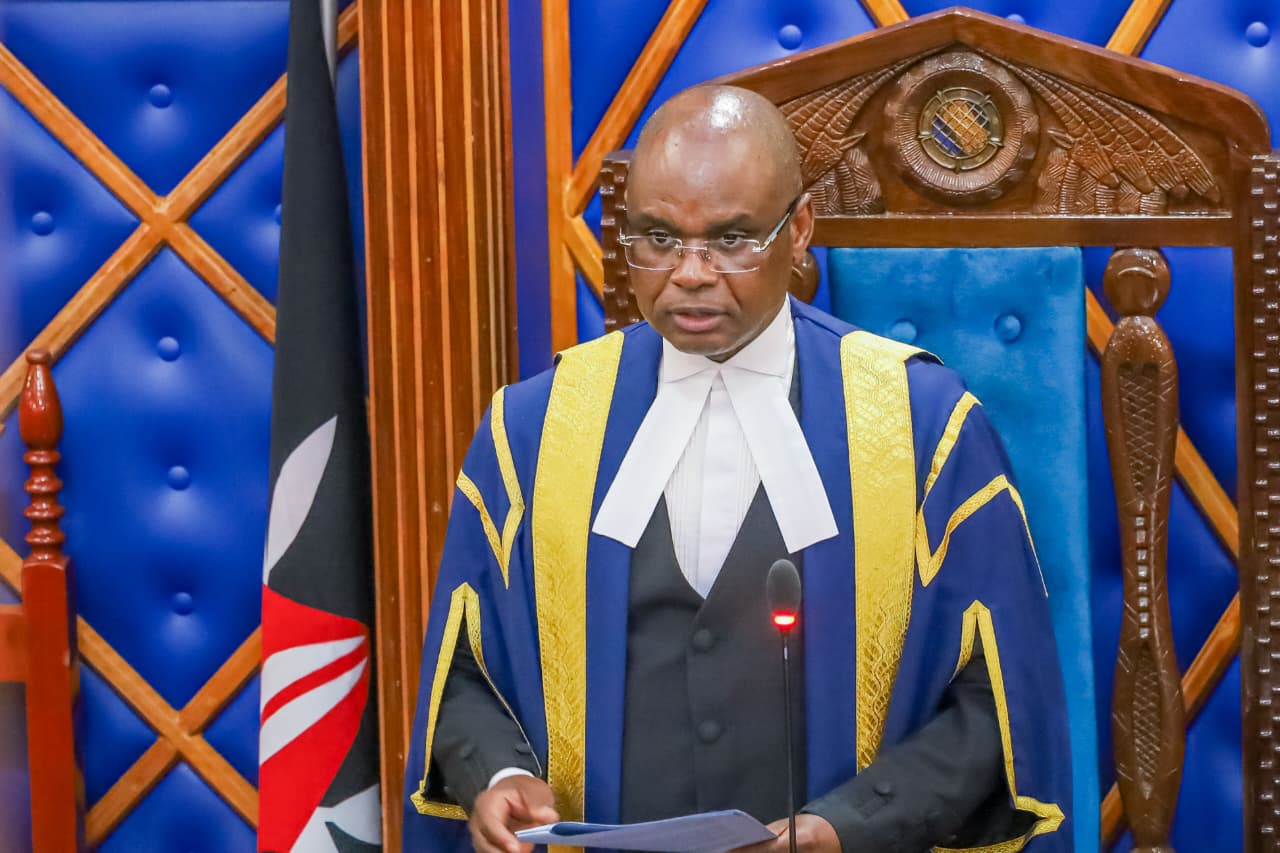
Senate declines Mutai’s preliminary objection, to consider merits in trial » Capital News
NAIROBI, Kenya, Aug 27 – Senate Speaker Amason Kingi has dismissed a preliminary objection by Governor Eric Mutai’s legal team challenging the validity of the Kericho County Assembly impeachment vote, ruling that the issue will be determined during the plenary hearing.
In the objection, Governor Mutai’s lawyer Katwa Kigen argued that the two-thirds threshold required for impeachment was not met.
He contended that only twenty-nine out of forty-seven Members of the County Assembly (MCAs) voted in support of the motion—falling short of the constitutionally required thirty-two.
Kigen further alleged irregularities in the electronic voting system, citing multiple voting, unauthorized access, and lack of transparency on abstentions.
In his ruling, Speaker Kingi emphasized that a preliminary objection must raise a pure point of law and not rely on contested facts.
“I therefore rule that since this is a matter of fact requiring the adducing of evidence, it will be determined by hearing both parties and entertaining the evidence they present,” Kingi said.
“This preliminary objection is accordingly disallowed for being premature at this stage.”
Threshold contest
The Speaker directed that the Senate will hear evidence from both sides before determining whether the two-thirds threshold was met.
“In the event that the Senate finds that the two-thirds threshold of 32 members was not attained, the impeachment proceedings shall terminate immediately, and the Senate will not proceed to determine the impeachment charges,” Kingi ruled.
“If, however, the Senate finds that the threshold was met, it will then proceed to establish whether the impeachment charges have been substantiated through a vote.”
The County Assembly, through its counsel, dismissed the governor’s claims as “sensational allegations,” insisting that the impeachment was conducted in strict compliance with the law.
The Assembly cited a previous High Court ruling on Nairobi’s gubernatorial impeachment, which established that contested vote tallies could only be resolved through evidence and expert testimony.
The impeachment now proceeds to plenary, where both sides will present witnesses and evidence before senators vote on the charges.